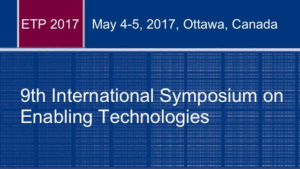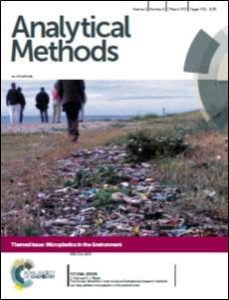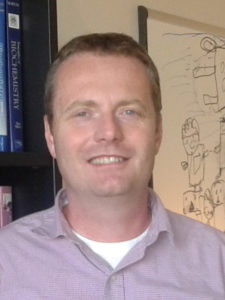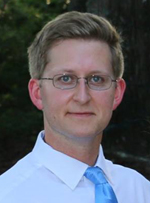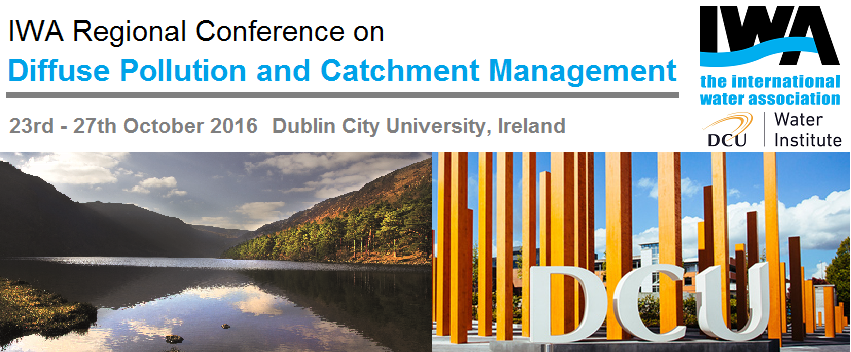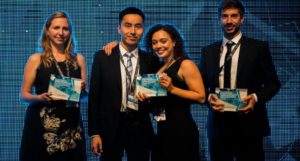
For five years the Royal Society of Chemistry’s competition has supported start-ups and universities with getting their technologies to market. The competition now has a dedicated food & drink category and is accepting applications until 13 March 2017
The Emerging Technologies Competition is supporting innovation right across the food & drink sector – from smart ingredients and novel delivery technologies, to crop protection, food authenticity, security and traceability.
Winners will be supported by food & drink giants Unilever, Diageo and Mondeléz. This support is completely tailored to the needs of the winner; it may include strategy reviews, assisting with market research, product testing, supporting funding bids, or introductions to brand new networks.
They will also receive:
- Support with media coverage and publicity
- Financial mentoring from KPMG
- Business training from University of Cambridge’s Entrepreneurial Centre
- Intellectual property advice from Mewburn Ellis LLP
- £10,000 prize money
The competition has proved a fantastic springboard for entrepreneurial ideas. Winners have gone on to raise a combined total of over £25 million in investment and funding, and one has recently announced a £28 million trade sale. Competition entrants have their business ideas rigorously assessed by specialists from both industry and the public sector, meaning winning has been instrumental in demonstrating a technology’s worth to investors.
Renata Zioben, whose company Haemostatix was bought after winning in the competition in 2015, says:
“[Winning the competition] demonstrated to our share-holders that our product was regarded as highly innovative, and validated the technology for our acquirer.”
In addition, the competition has seen university groups spin out into promising businesses, and small businesses expand overseas, enter commercial contracts, conduct industrial scale trials and collectively double their number of employees.
The competition closes for applications 13 March. Find out more and enter here.
The competition is supporting innovation right across the food & drink sector. The category spans a broad range of topics, including:
Healthy food and nutrition | Food safety | Smart ingredients | Novel delivery technologies | Food and raw material authenticity, security and traceability | Clean label | Food ingredient stability and monitoring | Crop protection and agricultural productivity | Water quality | Sustainable practices in process efficiency and waste minimisation
Comments Off on The Emerging Technologies Competition is looking for food innovation


